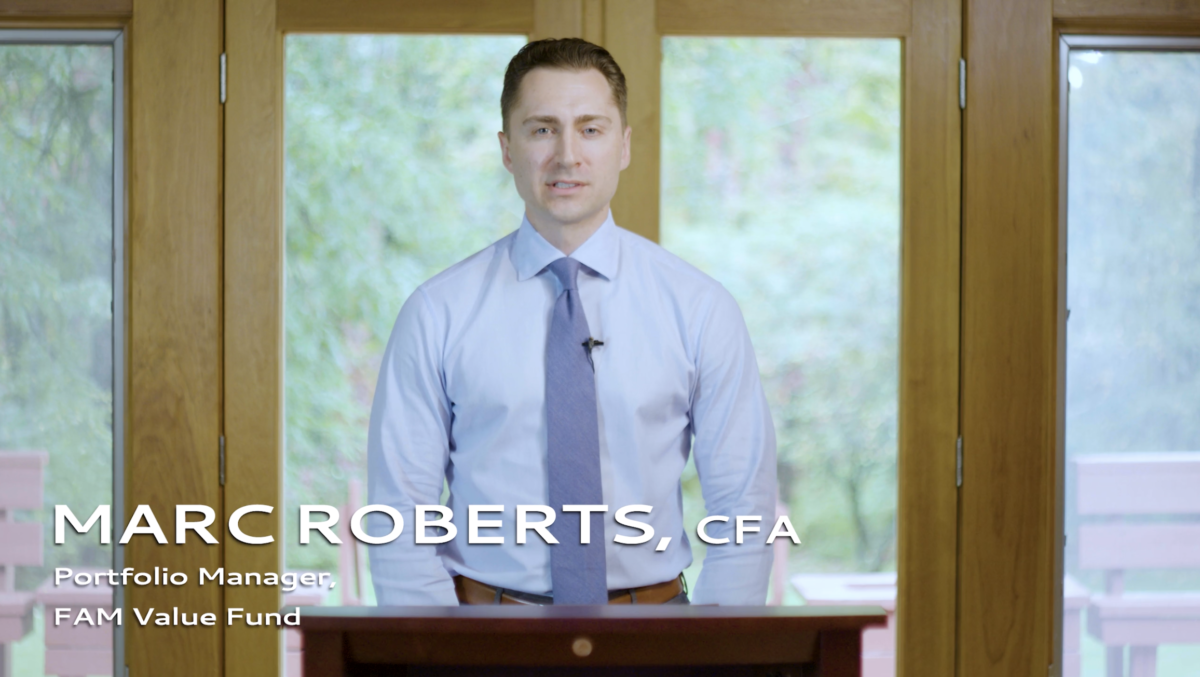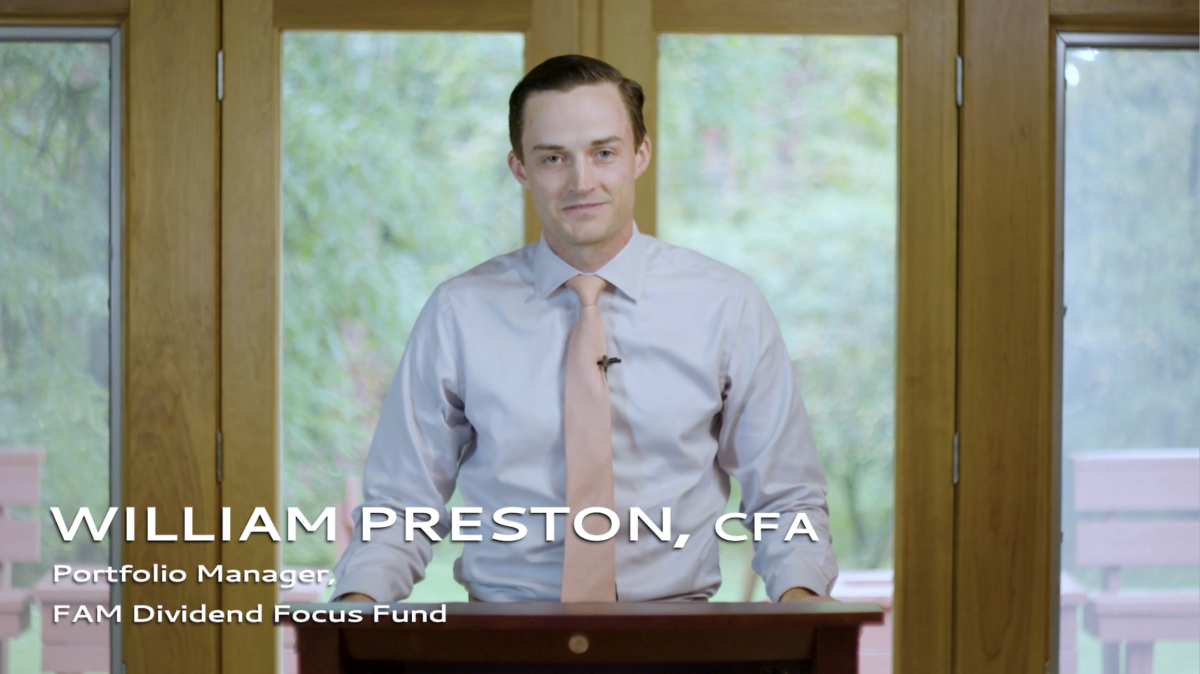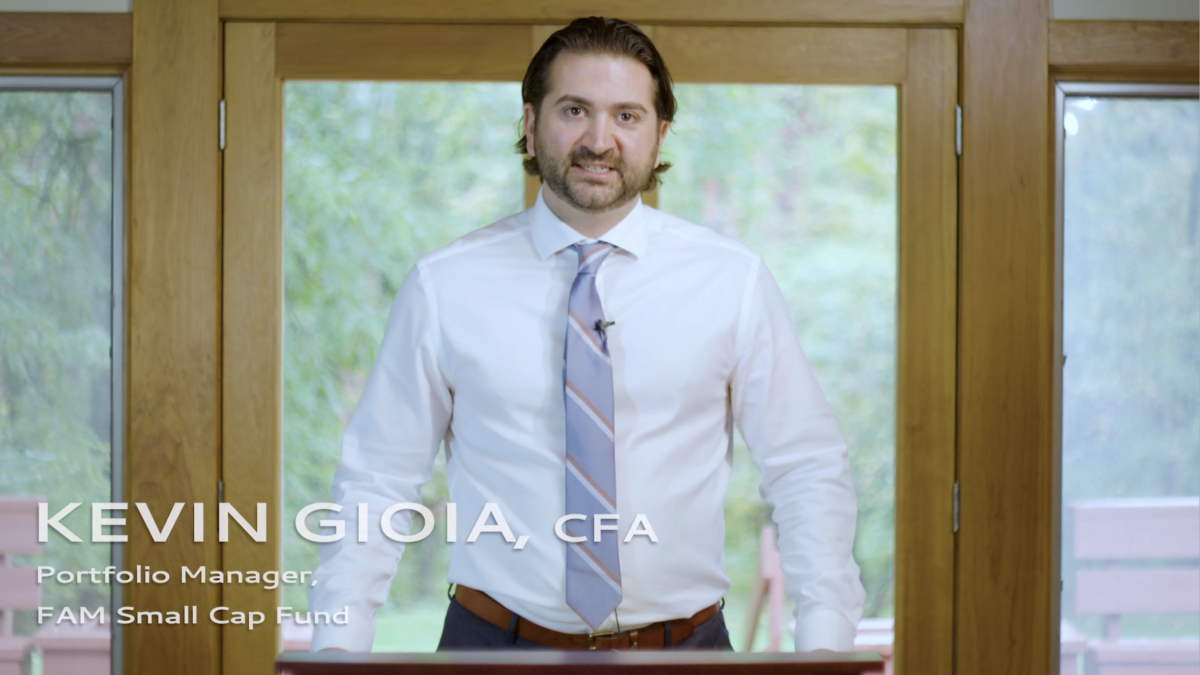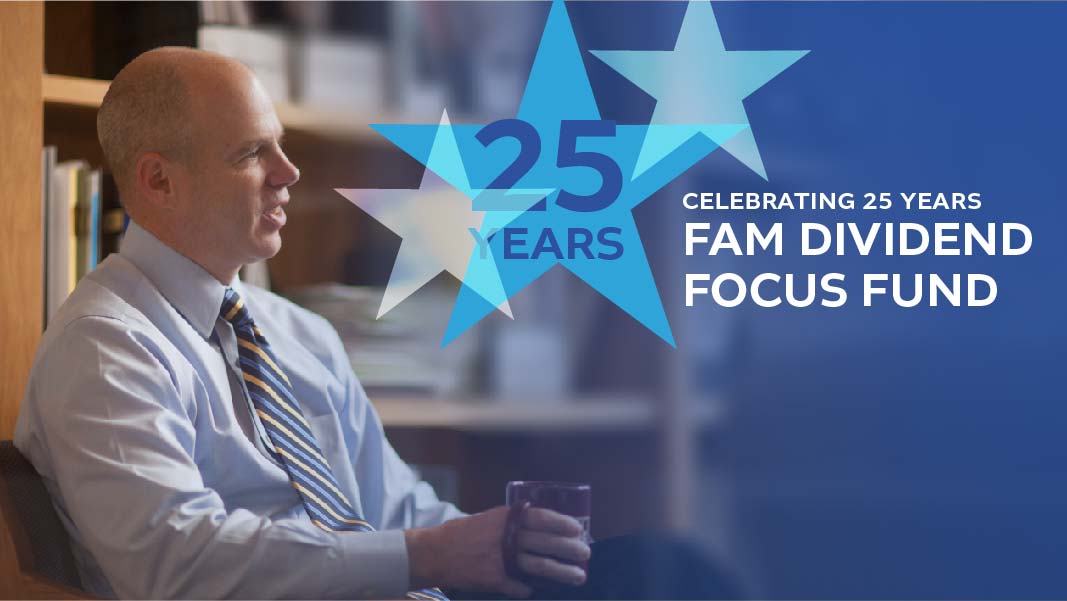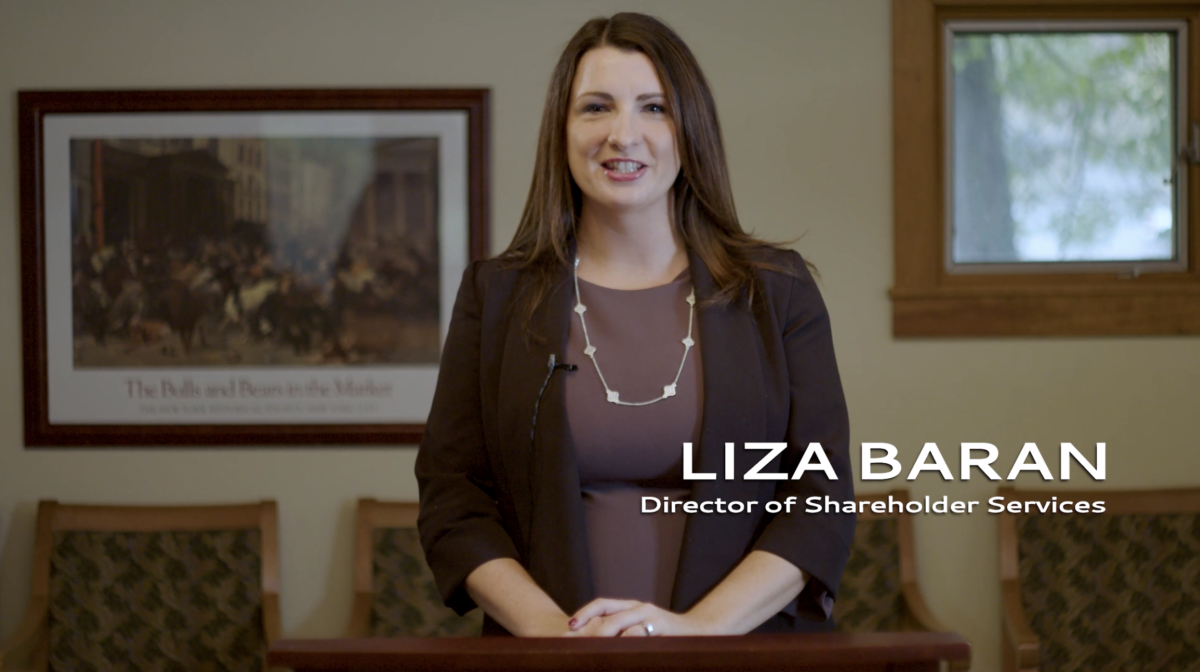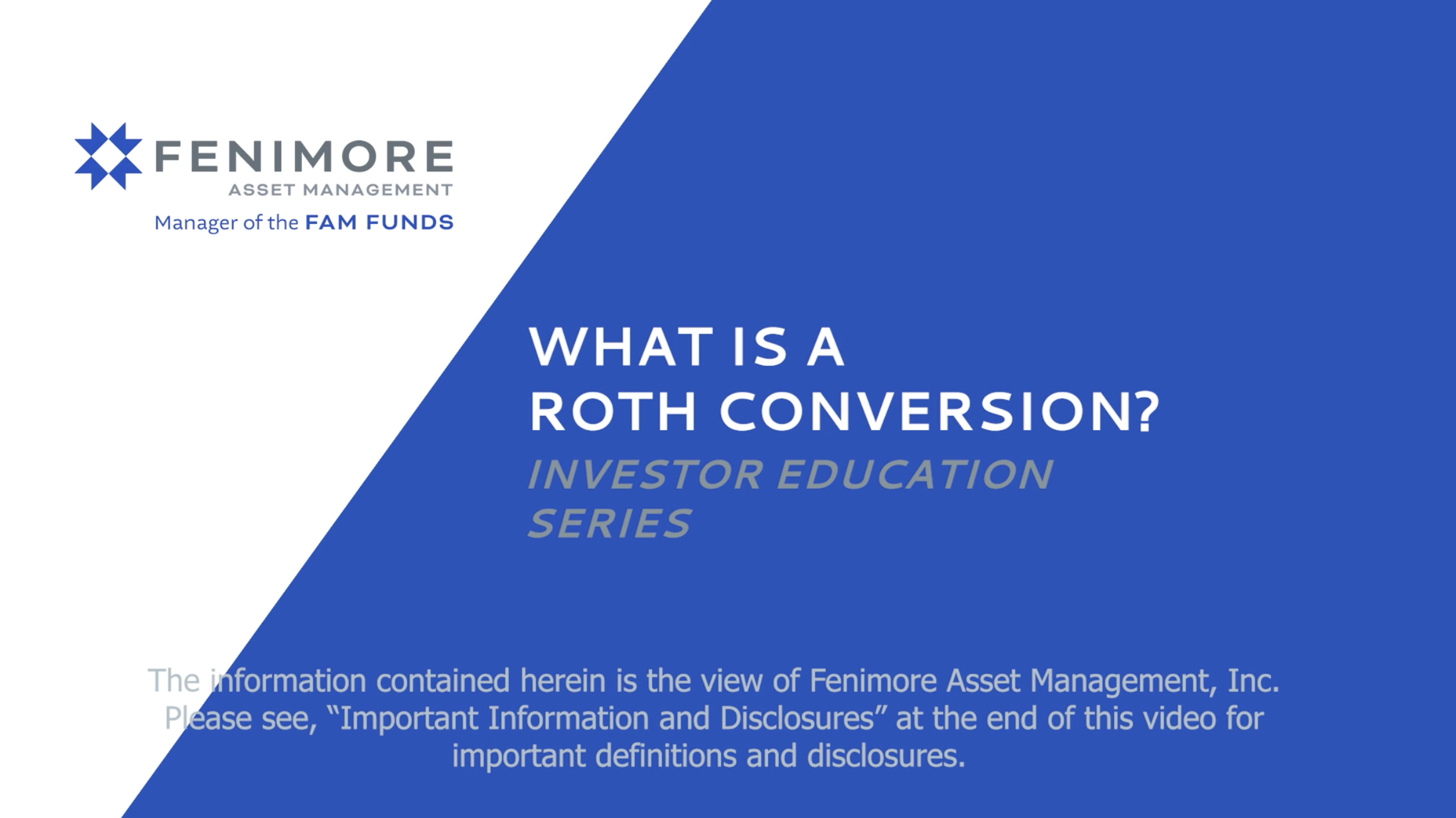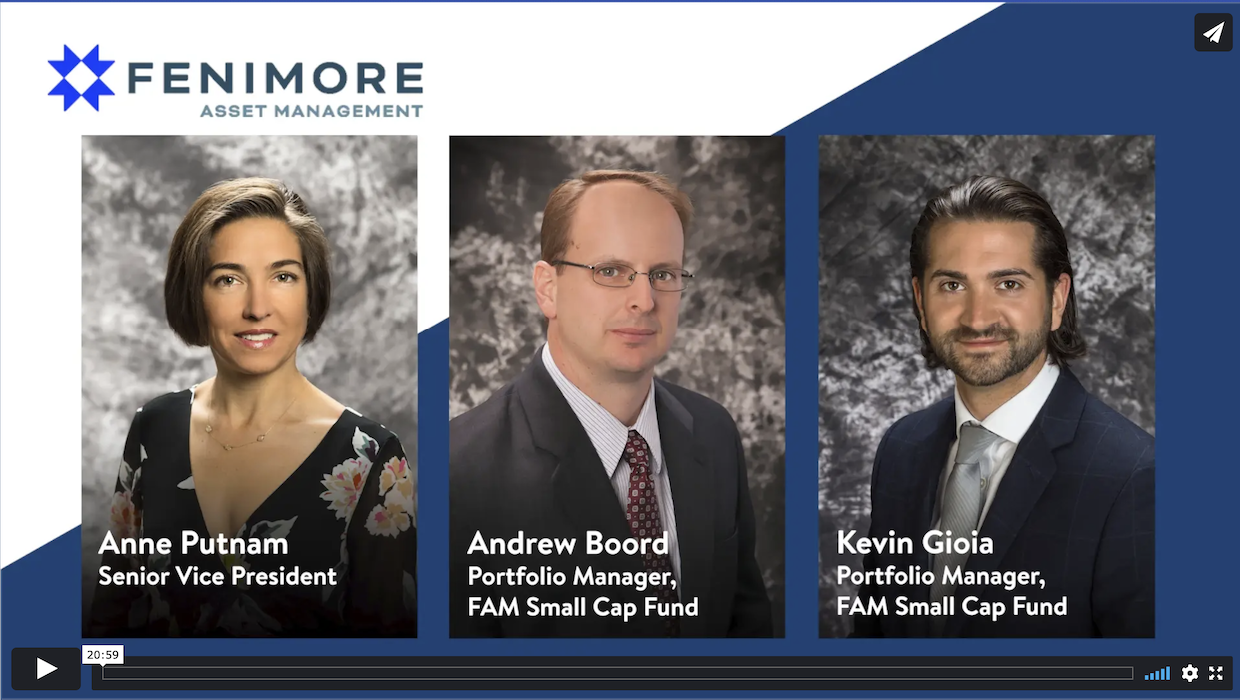In searching for the right stocks, mid-caps are a fertile space because they typically grow at a faster clip than large-cap companies. For the most part, the faster a company grows, the faster it can grow its dividend to shareholders as well. The dividend provides additional yield that in turn boosts long-term portfolio gains. While there are numerous mutual funds focused on large-cap dividend paying strategies, FAM’s focus on the mid-cap sector essentially doubles the number of companies to consider.
When evaluating these companies, Mr. Hogan and Co-Manager William Preston travel extensively to meet management teams in-person to not only get a sense of the company ethos but gain insights on whether a company is best in class and has room to grow.
Trade shows too offer a unique vantage point to see a company’s potential in action. A key question Mr. Hogan and Mr. Preston seek to answer is why clients want to do business with a particular company. Such events offer confirmation. Mr. Hogan recalled that about a decade ago one of the fund’s original holdings IDEX Corporation unveiled a new battery-operated ‘jaws of life’ tool demonstrating how with little training anyone could save a life.
When we look at our investment strategy, the first thing we are always concerned about is preservation of capital,” said Mr. Hogan. “So for us it’s first preserve capital, second generate an attractive return, and third, let the compounders compound.”
1 Facebook (FB), Amazon (AMZN), Apple (AAPL), Netflix (NFLX), and Alphabet (GOOG).
2 Morningstar 3, 5, 10 year periods vs. the Russell Midcap Index.
